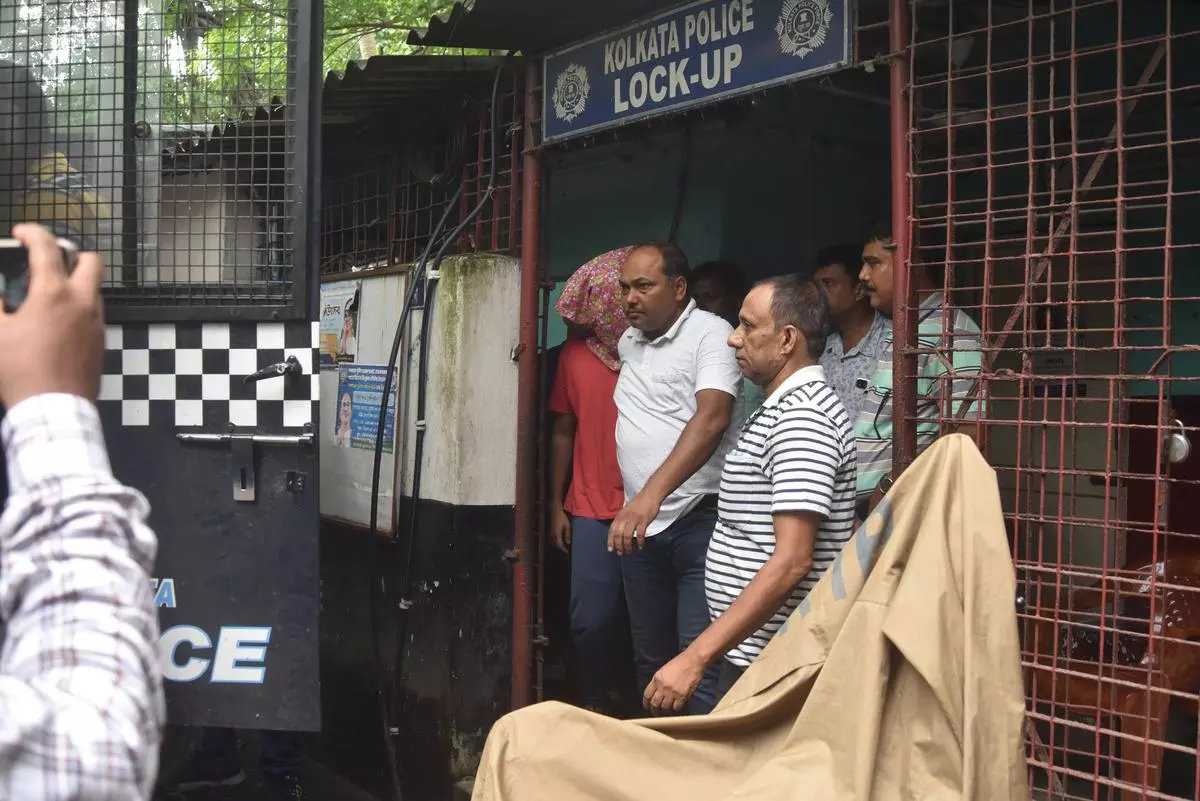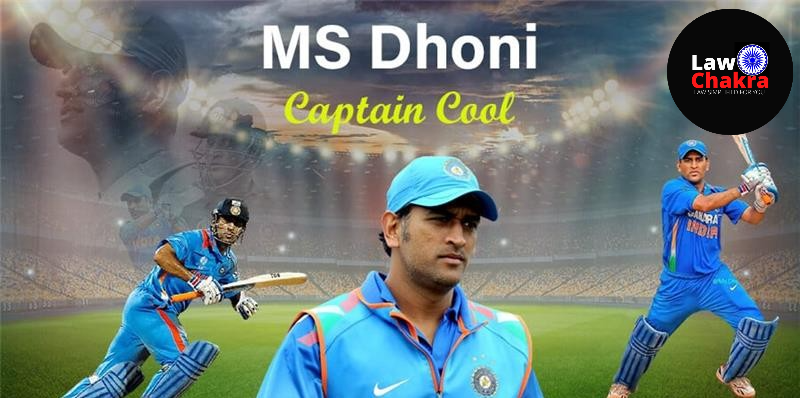Rajasthan High Court Enhances Motor Accident Compensation For Deceased MBBS Student To ₹1 crore From 12 Lakhs

The Rajasthan High Court while enhancing the accident claim to kin of deceased MBBS student to ₹1 crore from 12 Lakhs has observed that a purely mathematical or minimum wage based approach devalues education.
The Court was considering an Appeal seeking enhancement of compensation by modification of the award passed by a Motor Accident Claims Tribunal.
The Bench of Justice Arun Monga held, “……in cases of the nature, as the one in hand, when dealing with young professionals-intraining, courts must rise above the rigid arithmetical calculations and insistence of income proof. A purely mathematical or minimum-wage-based approach risks devaluing education, aspiration, and merit — which are highly valued and zealously protected by the law. Apart therefrom, realistic compensation not only ensures restorative justice for the bereaved family but also serves as a deterrent to negligent driving, reinforcing accountability in road safety.”
The Appellant was represented by Advocate Aman Bishnoi, while the Respondent was represented by Advocate TRS Sodha.
Facts of the Case
The deceased was travelling from Jodhpur to Udaipur, along with his friends. When the vehicle reached near a Dhabba, its driver due to rash and negligent driving, hit a motorcycle. As a result, the car driver lost control and collided with a road divider, leading to injuries from iron angles installed along the divider. The driver sustained grievous injuries in the accident and, despite medical efforts, succumbed to his injuries.
The Tribunal later awarded a total compensation of ₹12,52,429/- to the Appellants. Counsel for the Appellant contended that the Tribunal erred in assessing the income of the deceased by merely applying the standard of minimum wage of skilled worker without any realistic and reasonable estimation or guesswork and the said approach ignored the deceased’s academic background and future earning potential. It was submitted that the deceased was a second-year MBBS student, and his academic excellence and career prospects clearly demonstrated a potential for significantly higher earnings than that of an unskilled labourer.
It was further submitted that the Tribunal overlooked the socio-economic status of the Claimants and did not award reasonable amounts under the heads of funeral expenses and loss of estate and applied an incorrect multiplier and made improper deductions, thereby underestimating the compensation.
Reasoning By Court
The Court observed that the Tribunal’s approach has been wholly unrealistic, unduly pedantic, hypertechnical and very narrow, leading to the too low assessment of the income potential of the deceased.
“In present case, there has been wholly unrealistic and unduly low assessment of income of the victim of accident as that of a skilled worker, totally ignoring the earning potential of a future doctor — a respected and remunerative profession. This, in my opinion, is/ was a grave error and gross underestimation of the income potential of the accident victim. It is common knowledge that on completion professional courses like MBBS or engineering, such students have the potential to earn far above and multiple times of the minimum wage of a skilled worker. The Tribunal rejected the claim of income of ₹25,000/- per month tuition earnings due to lack of documentary proof. However, it failed to make a realistic assessment and apply judicial mind to the deceased’s academic trajectory while assessing his potential future earnings. Thus, the learned Tribunal committed a manifest error in law by applying a rigid and overly conservative formula for assessment of notional income to a case where the deceased’s future earnings and familial contribution were clearly poised for excellence. A corrective and compassionate course is warranted in the case in hand,” the Court observed.
It duly evaluated other heads and enhanced the compensation to ₹1 crore.
The Appeal was accordingly allowed.
Cause Title: Indra vs. Jagdish Chandra (2025:RJ-JD:20488)



